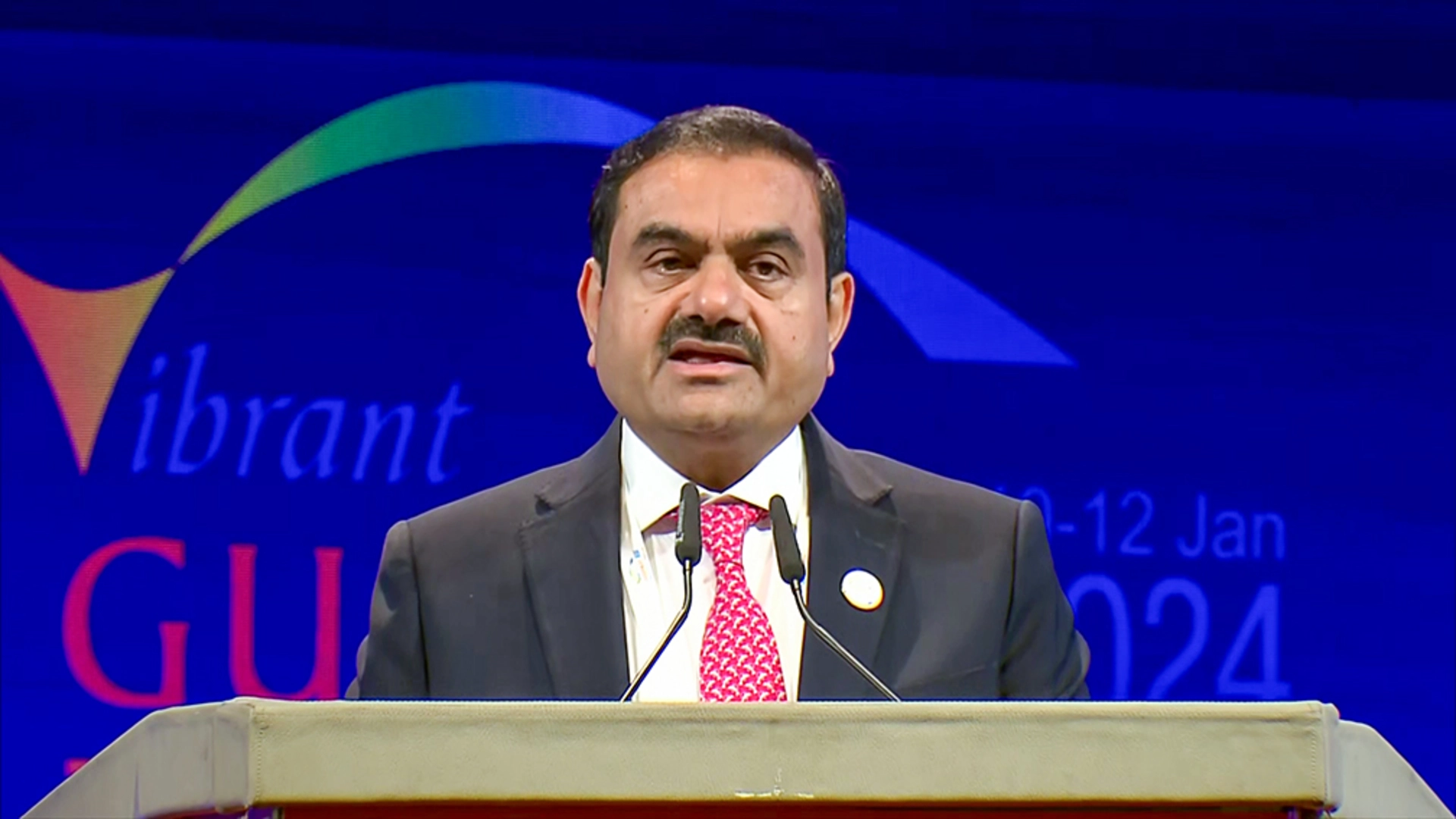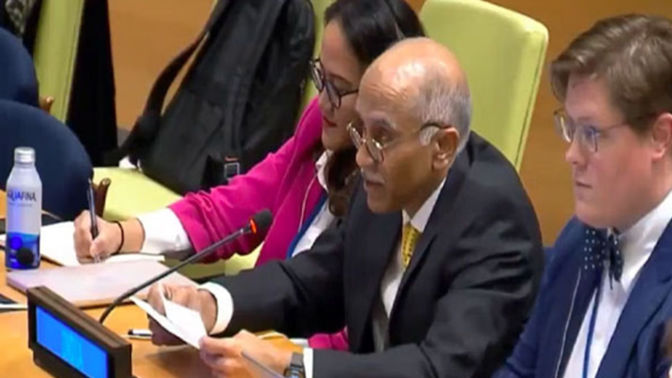
Penpa Tsering, the President of the Tibetan Government-in-Exile, expressed gratitude for India’s support of Tibetan culture and emphasized their deep cultural ties with New Delhi. He mentioned that Tibetans see themselves as an extension of Indian culture, language, and religion. Tsering also pointed out that the Tibetan language and religion are rooted in Indian scripts, with numerous Sanskrit and Pali texts translated into Tibetan, thereby preserving ancient Indian wisdom.
“We consider ourselves as an extension of Indian culture, language or religion. The script of our language and religion all came from India. We consider ourselves as an extension of Indian culture because wetranslated every available Sanskrit and Pali text into Tibetan and we are the only country to do that. So, we are the repository of one part of ancient Indian wisdom,” Penpa Tsering said.
He also recognized India’s role in offering refuge to the Dalai Lama and 72,000 Tibetans when China annexed Tibet in 1951.
“We are very grateful to the Indian government at the most difficult period of our history, to give refuge here in India to His Holiness and now there are 72,000 Indian Tibetans in India,” said Tsering.
Tsering also discussed the recent visit of a United States Congressional delegation to India. This delegation, which included former US House Speaker Nancy Pelosi, visited Tibetan spiritual leader Dalai Lama at his residence in Dharamshala on June 20. The delegation also met with Prime Minister Narendra Modi and External Affairs Minister S. Jaishankar.
Tsering highlighted that India’s approval of the congressional visit to Dharamshala and the subsequent meetings with Indian leaders signify recognition and endorsement of the Tibetan cause.
“I think a lot of analysis has been done during the congressional visit to Dharamsala where a lot of credit is given to the Indian government for allowing them to visit India, visit Dharamshala make those statements and they’re on the way back meet with Prime Minister Modi ji and also the foreign minister,” said Tsering.
“So I think in Taiwan also it’s being interpreted as validation of this visit to Dharamshala by the Indian government,” he added.
The President of the Tibetan Government-in-Exile also praised US President Joe Biden’s recent signing of the ‘Resolve Tibet Act,’ noting that this action has evidently provoked a reaction from China. Last week, President Biden signed the ‘Resolve Tibet Act,’ which asserts that the ongoing Chinese occupation of Tibet should be peacefully resolved according to international law, rather than through repression.
Expressing a firm belief in the impact of the newly signed ‘Resolve Tibet Act,’ Tsering emphasized that the bill has “significantly unsettled” the Chinese government. He noted that China’s strong reaction underscores the effectiveness of the bill in challenging Beijing’s stance on Tibet.















